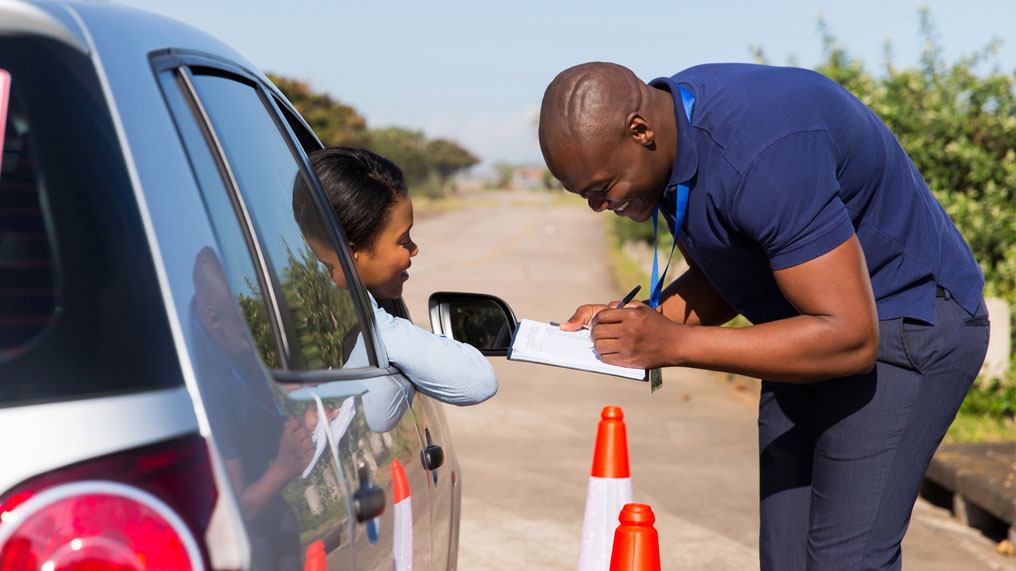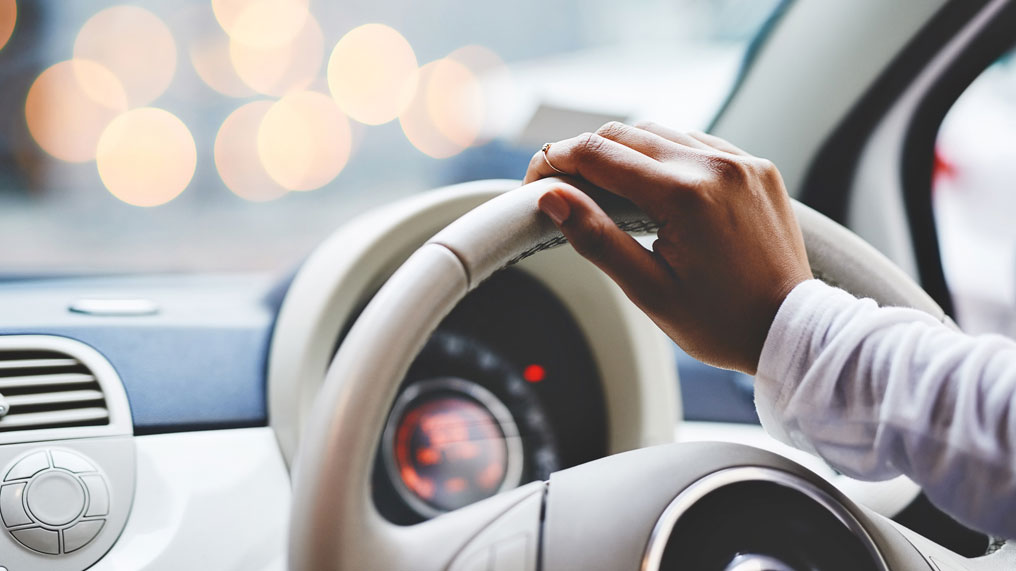Everyone is different when it comes to driving. Some people hate to parallel park, while others come out in a cold sweat at the thought of a hill start. The same can be said when you’re learning to drive.
You’ll always have that one person who swears they passed first time after three lessons, but that’s far from the average. According to the Driver and Vehicle Standards Agency (DVSA), it takes most people 45 hours of lessons to learn how to drive, plus 22 hours of practising.
An intensive courses could help you discard your L-plates after just 10 hours of instruction - but that’s the exception, not the rule.
First steps for learning how to drive
Before starting lessons you’ll need to apply for your provisional driving licence, and you can do this up to three months before your seventeenth birthday.
You can fill out a paper form to receive your provisional driving licence, but it’s easier to apply online at the gov.uk site.
As long as your provisional license arrives in time, you can start your driving lessons on your seventeenth birthday.
And here are more tips on learning to drive.
How to select your driving instructor
There’s no shortage of firms and individuals who can help you feel confident behind the wheel. Here’s a checklist to keep in mind when picking your instructor:
1. Are they qualified?
Although you can practise driving with someone in your family or a friend (as long as they tick these boxes), an instructor must be either an approved driving instructor (ADI) or a trainee driving instructor. ADIs and trainees must display a badge in their vehicles, green for ADIs and pink for trainees.
2. Do they have a good reputation?
Word of mouth is a powerful thing. If you have friends, family or colleagues who have recently learnt to drive, ask them about their instructor.
3. Do you feel comfortable with them?
Even a technically good instructor may not be the right fit for you. If after your first few lessons you really don’t think you’re clicking, then change instructors. You need to feel safe, confident and supported when learning how to drive.
4. Are they reliable?
If your instructor regularly turns up late, often cancels at short notice or double books you with other students, you should consider changing instructors.
Remember, learning to drive is expensive. It’s now around £25 for a lesson, so if you take the average amount of time to learn how to drive, you’ll have spent well over £1,000. That’s before you’ve even paid for your tests and a full licence.
Choosing the wrong instructor can hinder your progress and end up costing more money - so make the right choice for you.
The theory of good driving
All drivers must pass the driving theory test.
Understanding the theory is important when it comes to your practical test, because the examiner will be watching to see how you apply knowledge from the theory test to your real driving.
The theory test consists of two parts:
1. Hazard perception checks you are capable of spotting and responding to hazards while driving.
2. Multiple choice test covers areas such as safety, your vehicle, rules of the road, traffic signs, driving conditions and much more.
There’s a lot to learn in order to pass the theory test, but with proper preparation you should be fine and it shouldn’t take too long.
All questions are taken from three books:
- The Official Highway Code
- Know Your Traffic Signs
- The Official DVSA Guide To Driving – The Essential Skills
It’s a good idea to buy these books and read them thoroughly. There are also driving theory practice websites available to help you prepare.
The driving test

The moment of truth has arrived. In just 40 minutes you’ll find out if all your hard work has paid off.
Before you get in the car you’ll have to undergo an eyesight check to see if you can read a number plate over a distance of 20 metres. Then you’ll be asked a couple of questions regarding safety checks on your car.
After that you’ll begin the driving part of the test.
Dealing with nerves
It’s normal to be nervous before your test; there’s a lot riding on it. Try these tips to keep your nerves under control:
- Try to book your test in a week where there isn’t much else to worry about.
- Make sure you’re well rested on the day. If you’re tired, your attention and skills could be reduced and you’ll be more likely to slip up.
- Visualise your success. Don’t dwell on failing, just think about passing. Remember that your instructor wouldn’t suggest you take the test if they didn’t believe you were capable.
- Book an early test if possible. This gives you less time to sit around worrying. Also, aim to arrive at the test centre about 10-20 minutes early. Less and you’ll feel rushed, more and you’ll be sitting around getting worked up.
Hopefully you’ll pass, but remember, failing is not the end of the world and there’s always next time.
If you do fail, the examiner will give you detailed feedback on the reasons why. If you pass you’ll still get feedback, because it’s highly likely you still committed a number of minor faults.
Hit the road
Now you’ll be ready to get behind the wheel of a car by yourself. Your licence will be upgraded to a full one, and you’ll receive it in the post.
So what are you waiting for? Driving will give you a new level of freedom and confidence, so stop wondering how long it’ll take and start learning.




